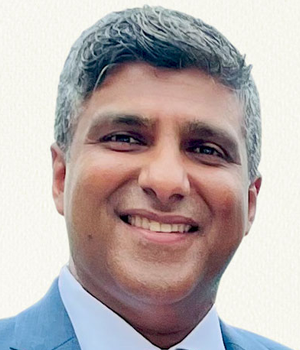Hospitals – are they connected only to consultation and treatments offered? Definitely no. So, what else? Quality patient care and better revenue cycle management are key considerations as well. Though professional medical billing companies can provide advanced Revenue Cycle Management (RCM) services, good customer service is something that practice managers as well as the whole healthcare team should focus on. A new survey by Medical Group Management Association (MGMA) shows that medical practices leaders are now looking to customer service and revenue cycle issues as major focus areas to improve their staffs’ training and education.
Of the 931 leaders polled, 47 percent said customer service was the top area their staff needed more training in, 20 percent said their staff needed extra revenue cycle management training, while 13% said government relations, and 12% said leadership development was most important.
As per the report, “Any customer-facing organization must be focused on delivering a high level of customer service, and medical practices face this challenge with patient satisfaction playing an increasing role in reimbursement and physician compensation.”
Customer service training can include:
- how staff handles incoming phone calls
- online patient engagement
- building trust with patients through better communication
- leveraging data to improve patient access
- appointment capacity to reduce time-to-appointment waits
According to an article published in Medscape Medical News, listening to patients leads to higher satisfaction scores. Also, remember that payers are making reimbursement decisions on the basis of quality measures.
Improving revenue cycle efficiency is the key to boosting operating and profit margins for any hospital. However, most providers mainly those practicing in low population density areas face unique challenges when it comes to revenue cycle management optimization. According to the Healthcare Financial Management Association (HFMA), the revenue cycle encompasses “all administrative and clinical functions that contribute to the capture, management, and collection of patient service revenue.” The MGMA 2017 Annual Conference to be held on October 2017 is expected to take a more in-depth look at many revenue cycle management issues and government programs. Key components of the revenue cycle include patient scheduling, registration and patient eligibility verification, upfront patient collections and claims management.
MGMA recommends practice administrators to understand that they don’t just lead organizations; they must also nurture them, especially physicians and staff members. Balancing one’s leadership style according to the specific strengths and weaknesses of the organization is crucial. Understanding those differences can be a first step to finding new leadership styles best suited for change management in a medical practice setting. Sharing the language of leadership with staff members is one of the ways to send a practice administrator’s own personal growth and leadership development down through the organization. Reducing patient wait times and making medical appointment scheduling more efficient can also improve customer service.


